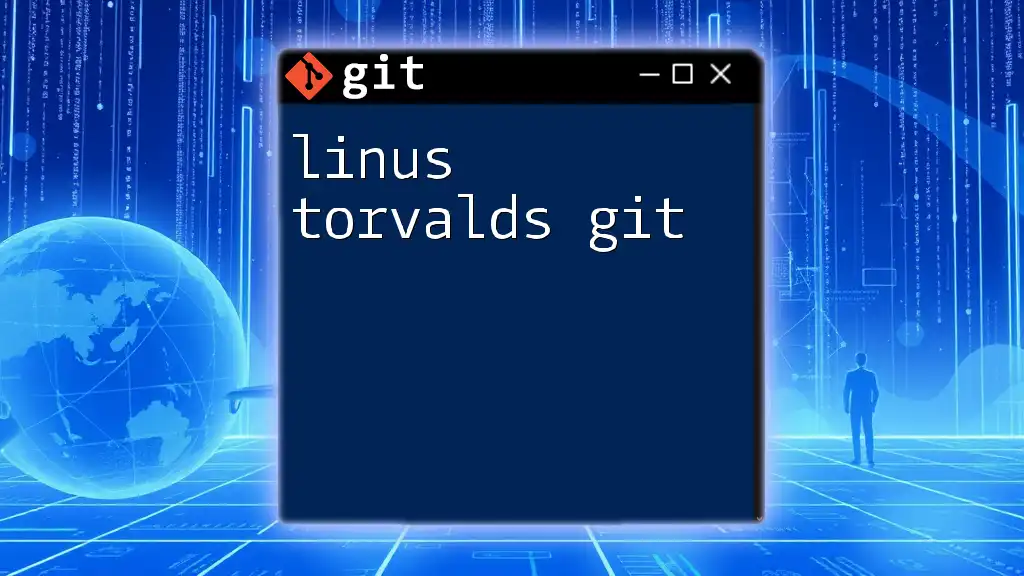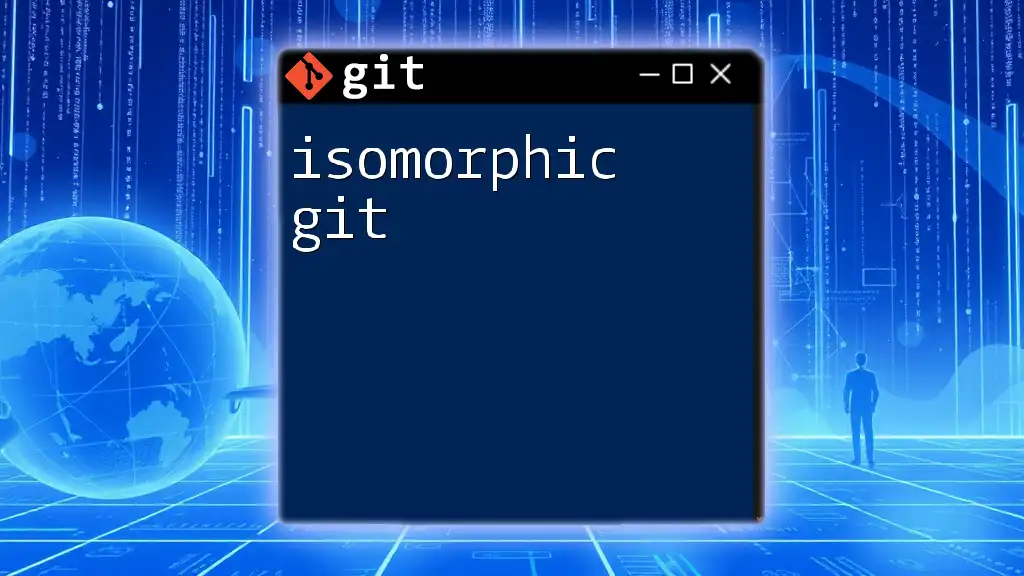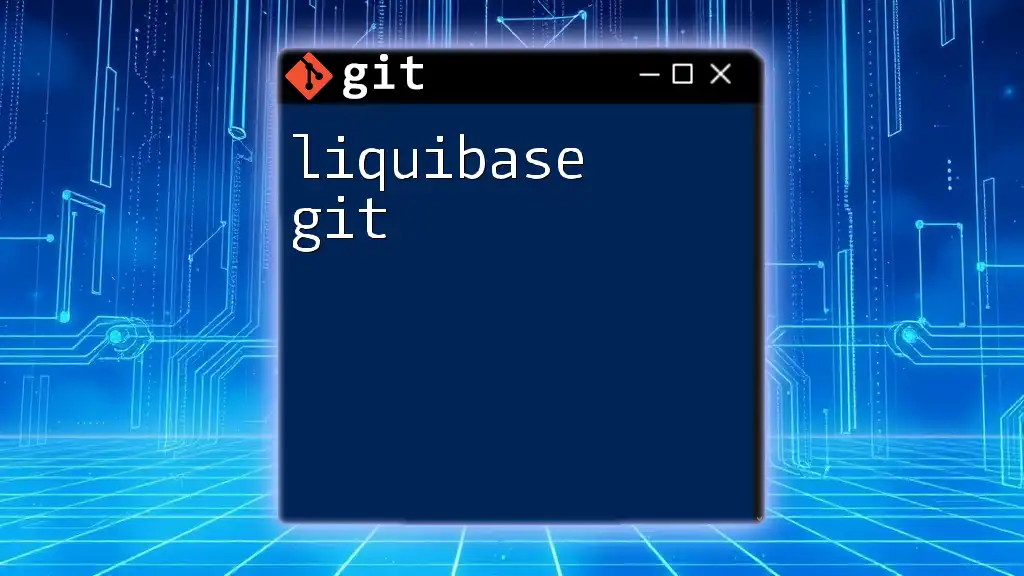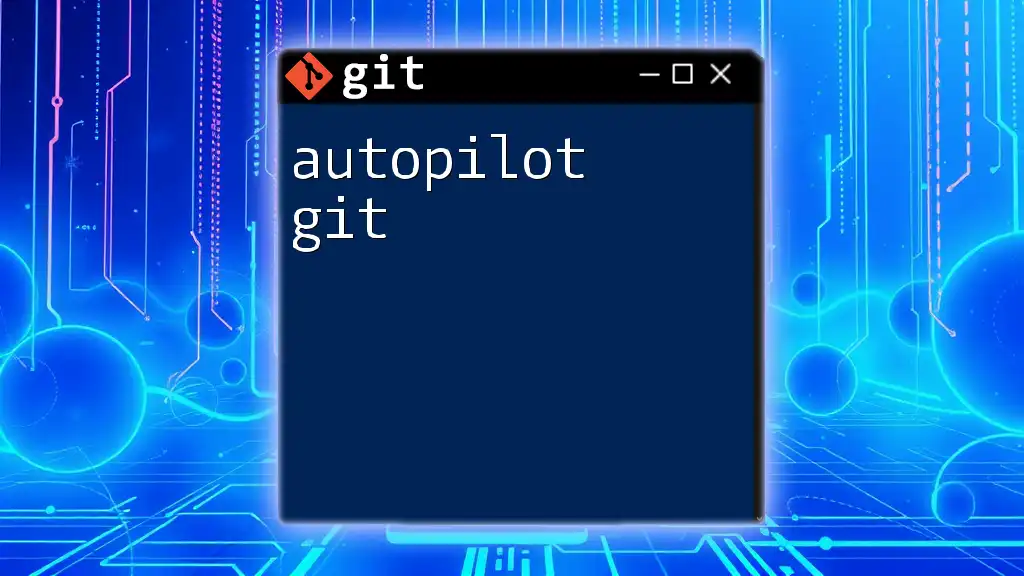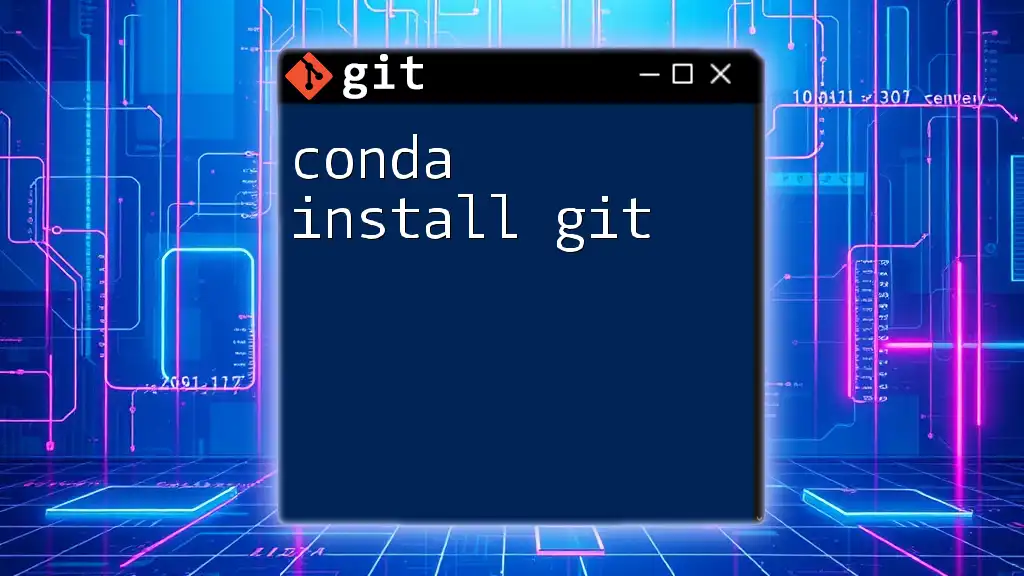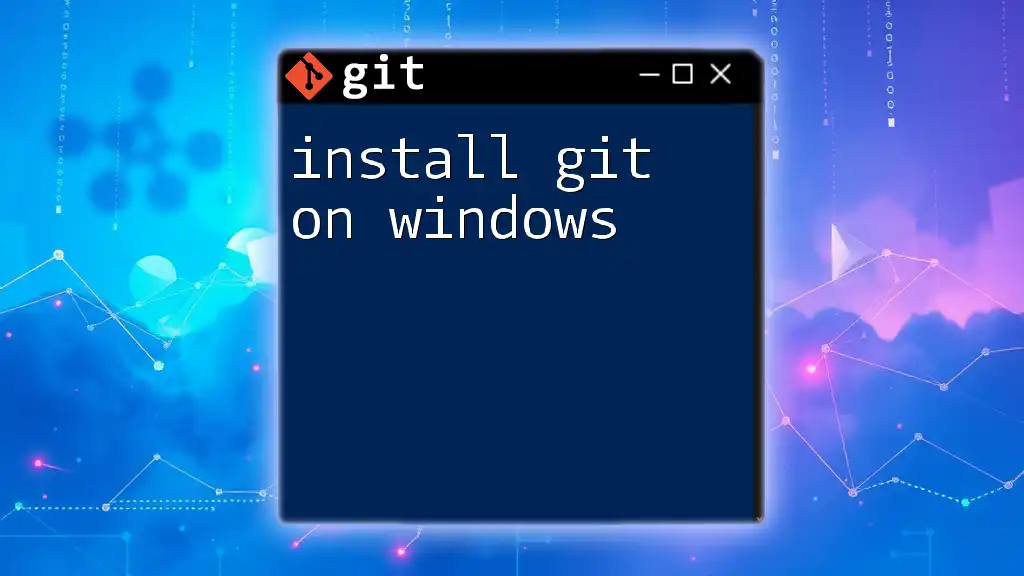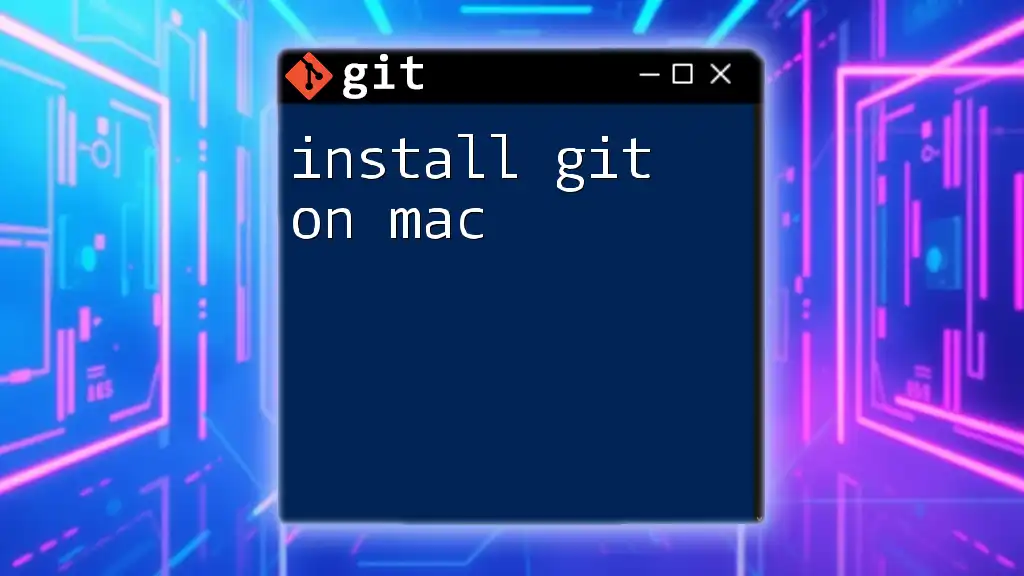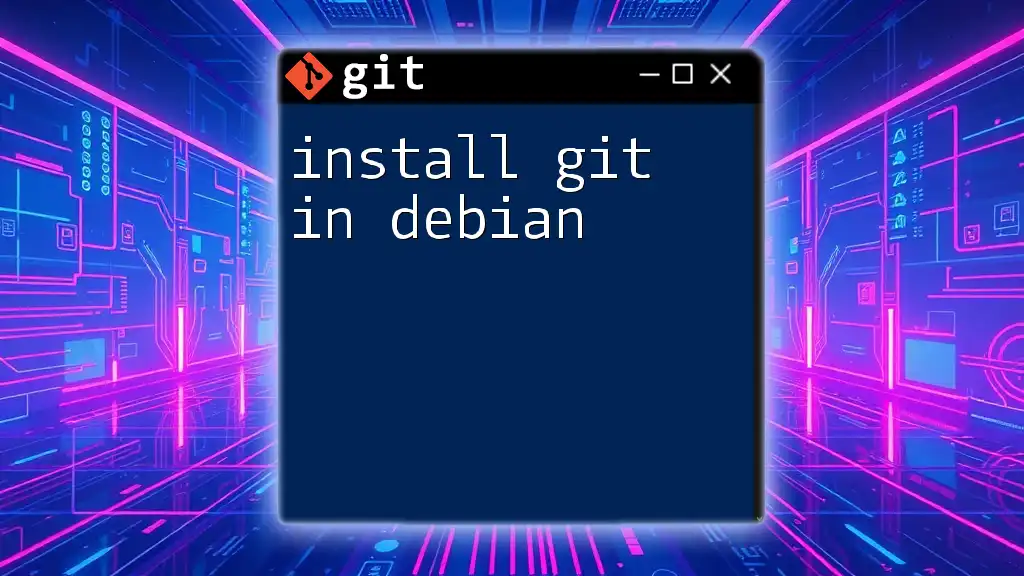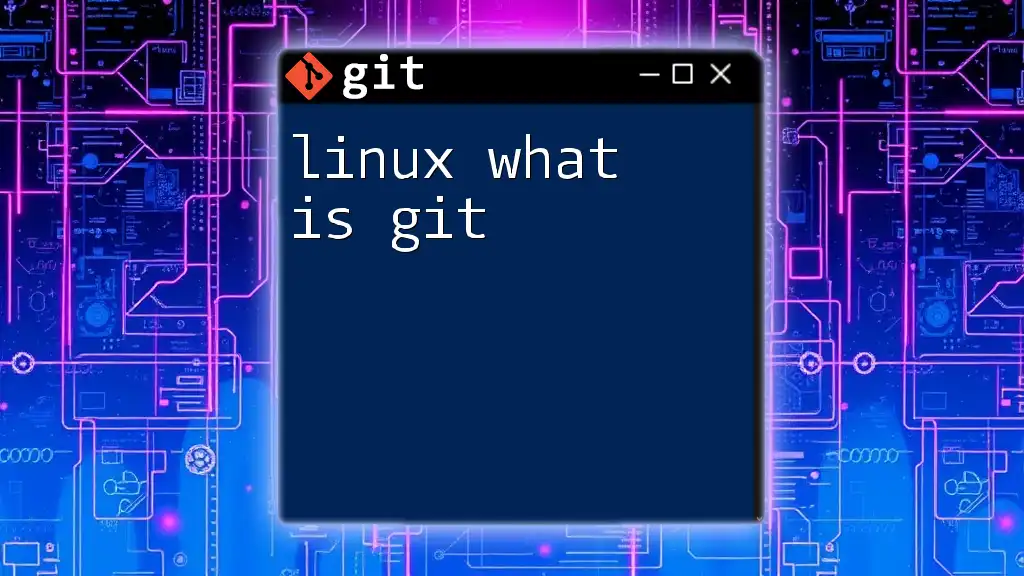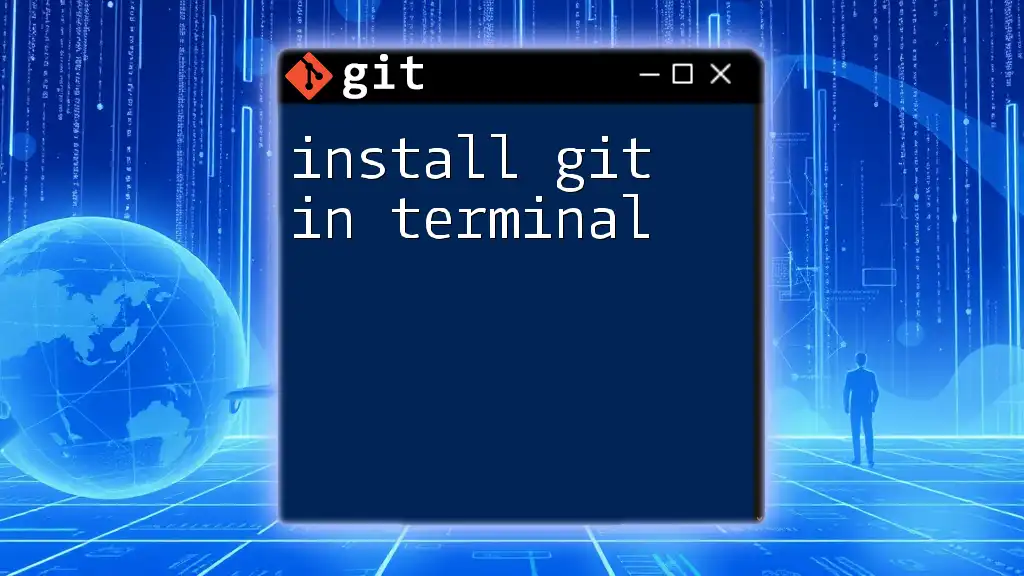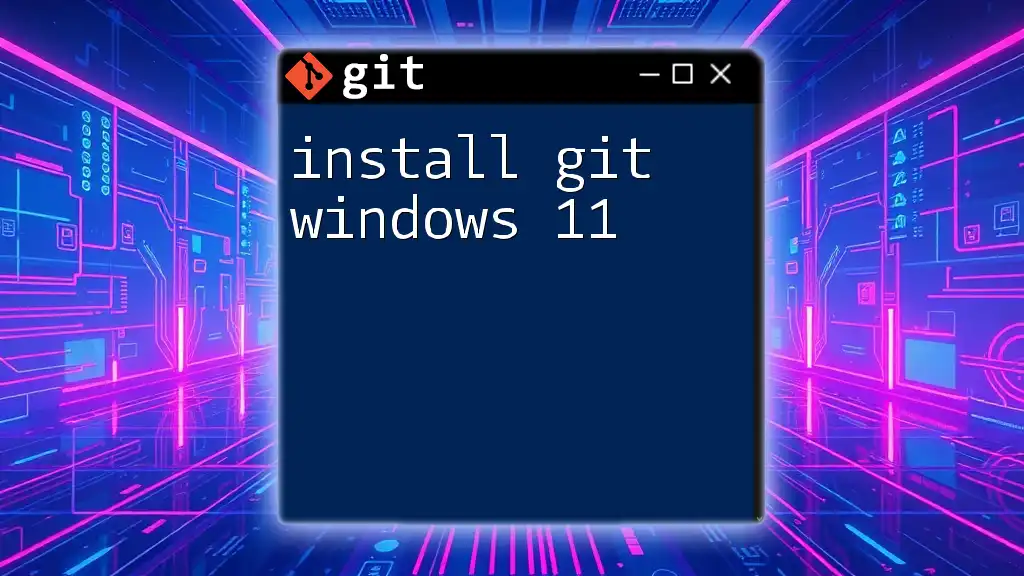Linus Torvalds, the creator of Linux, developed Git as a distributed version control system to streamline collaboration and enhance the management of large codebases; below is an example of a common Git command to initialize a new repository.
git init my-new-repo
Who is Linus Torvalds?
Early Life and Background
Linus Torvalds was born on December 28, 1969, in Helsinki, Finland. He displayed a keen interest in computers from an early age, eventually studying computer science at the University of Helsinki. Torvalds’ journey into programming began with a fascination for a system called Unix, which would later influence his creation of the Linux operating system.
Creation of Linux
In 1991, while a student, Torvalds began working on what would eventually become the Linux kernel. He aimed to create a free and open-source operating system that was Unix-like in nature. This initiative laid the groundwork for the open-source movement, fundamentally changing how software is developed and shared globally.
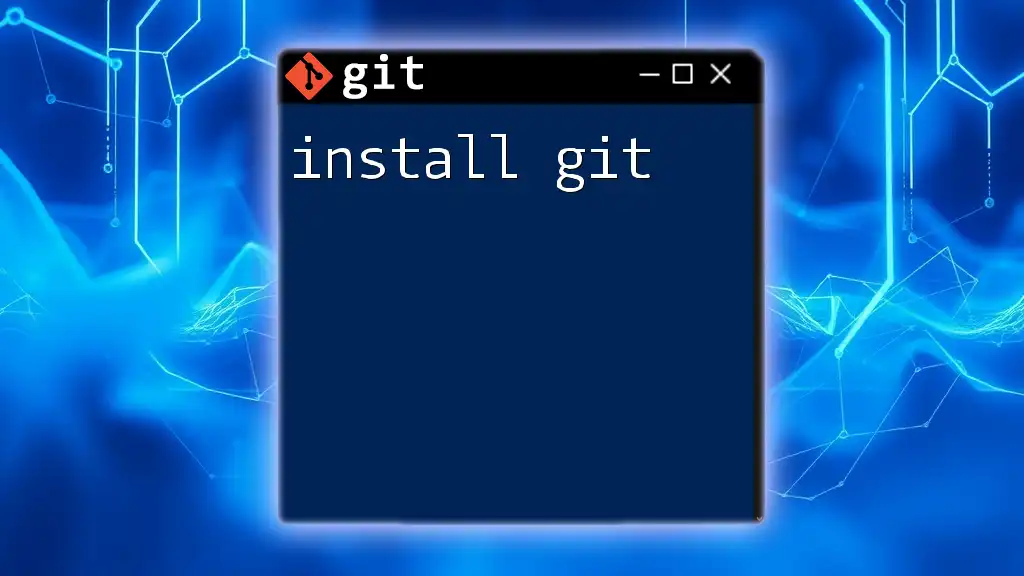
What is Git?
Definition and Purpose
Git is a distributed version control system that allows multiple developers to work on a project simultaneously without overwriting each other's changes. It tracks changes in source code, providing a complete history of every modification made. Git improves collaboration and ensures that teams can work effectively, even across different time zones or locations.
Evolution of Git
Git emerged out of necessity. The Linux kernel project required a robust version control system that could handle large amounts of data and multiple contributors efficiently. At the time, many existing systems didn’t meet these needs. Torvalds recognized the limitations of the various tools available and decided to create Git.
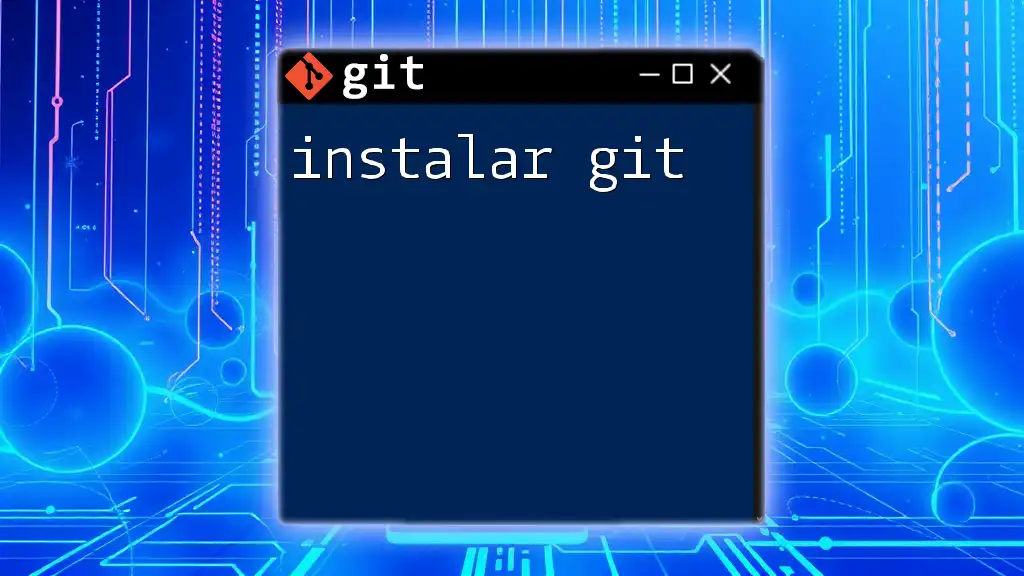
The Conception of Git by Linus Torvalds
Why Git was Created
Linus Torvalds created Git to address the shortcomings of earlier version control systems such as BitKeeper and CVS. He sought to design a system that was fast, reliable, and simple, ultimately enabling better collaboration without the constraints of central control.
Key Features of Git Introduced by Torvalds
-
Distributed Architecture: Unlike traditional centralized version control systems, Git allows every developer to have a full copy of the repository on their local machine. This improves speed and flexibility, as operations like commits, diffs, and branches can be done offline.
-
Speed and Performance: Git is designed for speed. Common operations, such as committing changes or merging branches, are optimized to perform quickly, even with large repositories. For example:
git commit -m "Optimizing initial setup" -
Data Integrity: Git employs a data structure known as a Merkle tree, which ensures the integrity of the codebase. Each commit is represented as a unique hash, and if any change occurs, Git can easily detect and track it.
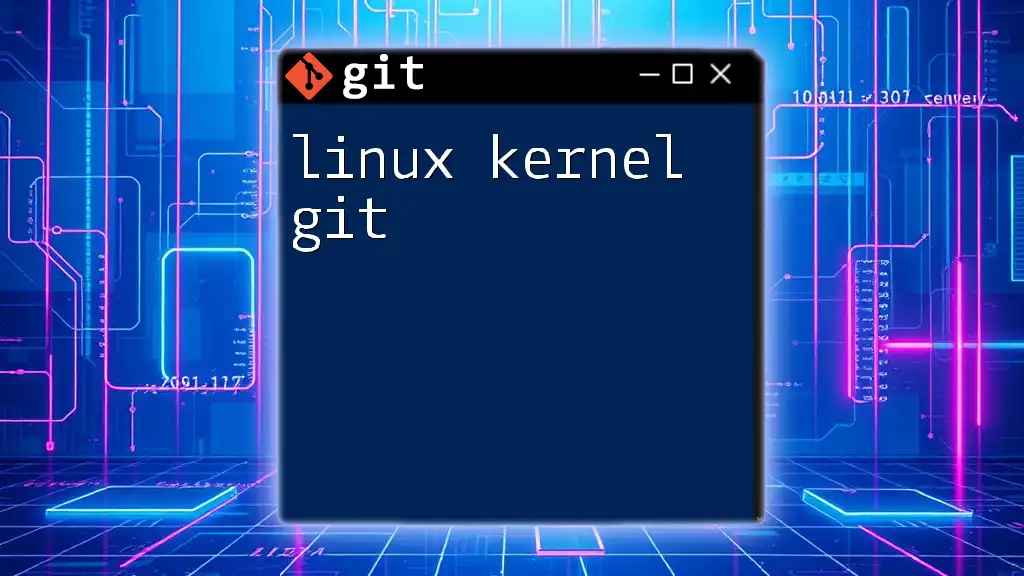
How Git Changed the Development Landscape
Adoption of Git by Developers
Since its inception, Git has seen exponential growth in adoption. Developers appreciate its branching and merging capabilities, allowing experimentation without risk. Fast forward to today, and millions of developers use Git, making it the industry standard for version control.
Impact on Open Source Projects
Git has transformed the open-source landscape by facilitating collaboration. The ease of branching, pulling, and merging has made it easier for contributors to suggest changes. Successful open-source projects, such as the Ruby on Rails framework and Kubernetes, rely heavily on Git for managing their codebases.
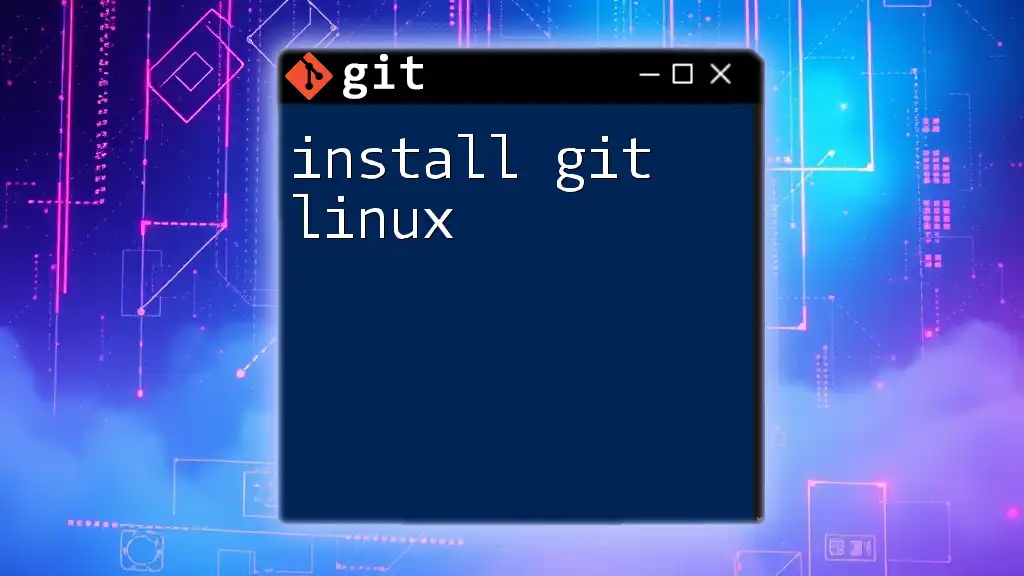
Core Git Commands Introduced by Torvalds
Basic Commands
git init
This command initializes a new Git repository in the specified directory, setting up the necessary files and folders for version control.
git init my-project
git add
The `git add` command stages changes for the next commit. It is essential to specify which files should be tracked.
git add README.md
git commit
After staging your changes with `git add`, you can commit them using `git commit`. A commit message is crucial for documenting what changes were made.
git commit -m "Initial commit"
Branching and Merging
git branch
Branching allows you to diverge from the main line of development and continue working independently. This command creates a new branch.
git branch feature/new-feature
git checkout
To switch between branches, you use the `git checkout` command. This enables you to work on different aspects of a project concurrently.
git checkout feature/new-feature
git merge
Merging combines changes from different branches, preserving the contributions from all developers. This command is used to merge one branch into another.
git merge main
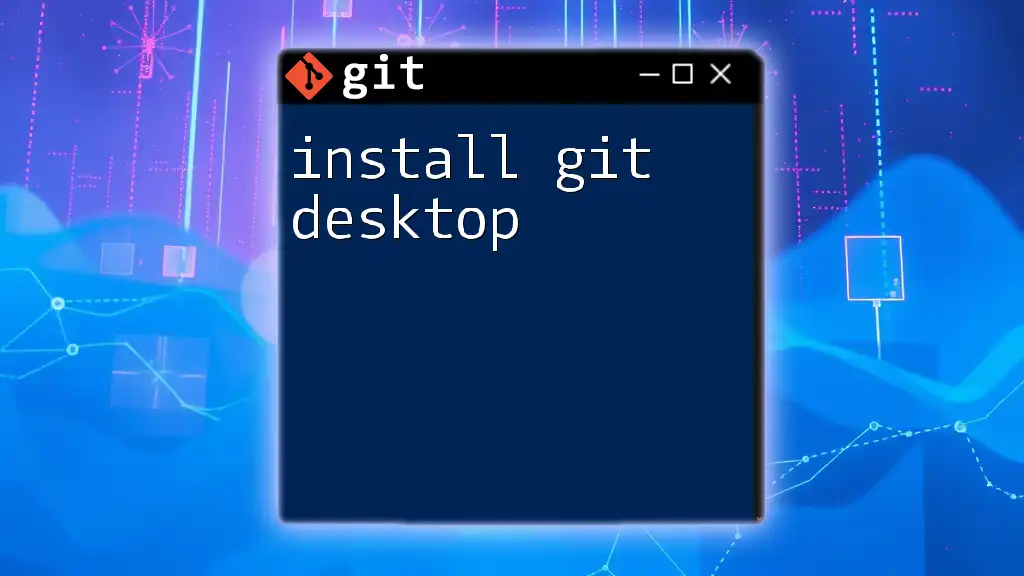
Challenges and Controversies
Linus Torvalds' Management Style
While Torvalds is celebrated for his technical excellence, his management style is direct and forthright, often leading to controversy. His dedication to the Linux project has garnered both admiration and critique.
Git's Learning Curve
Despite its popularity, Git can be challenging for beginners due to its vast array of commands and functionalities. However, by breaking down concepts and practicing frequently, newcomers can become proficient in no time.
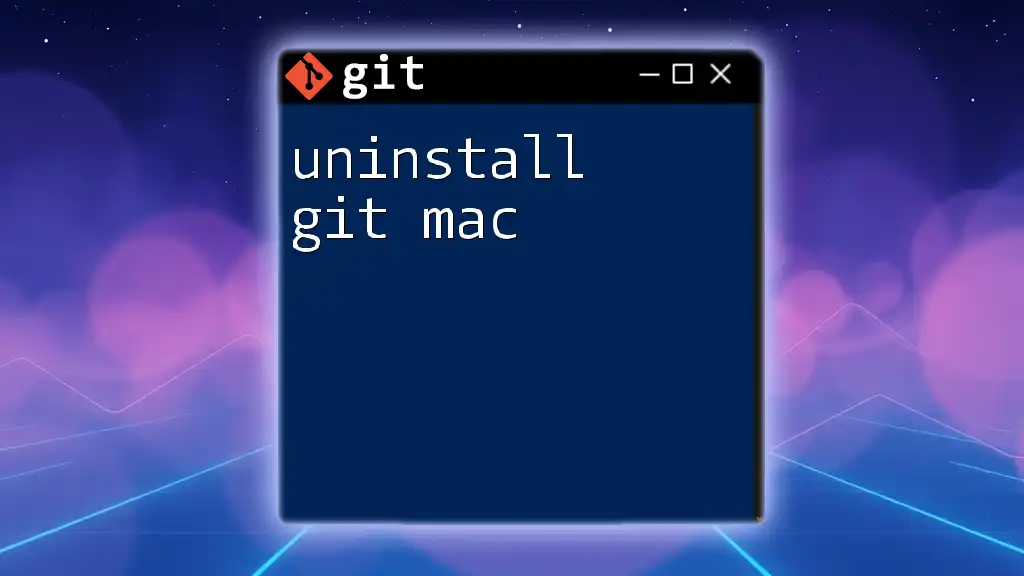
The Ongoing Influence of Linus Torvalds and Git
Modern Developments in Git
Git continues to evolve, integrating new features and improvements based on community feedback. The introduction of tools and services like GitHub and GitLab has further enhanced its usability and collaboration opportunities.
Linus Torvalds’ Impact on Future Technologies
Torvalds’ influence extends beyond Git and Linux. As a stalwart advocate for open-source software, his contributions continue to inspire future technologies and methodologies in software development.
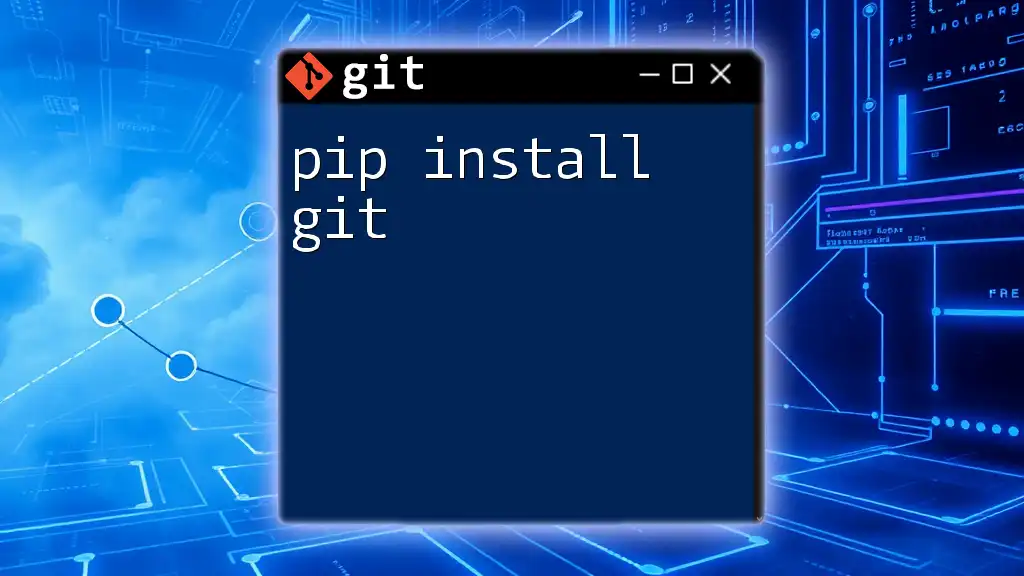
Conclusion
Linus Torvalds’ impact on software development through Git is profound and lasting. With its ability to streamline collaboration and enhance version control, Git plays a critical role in modern programming. Whether you are a seasoned developer or just starting out, learning Git commands is essential in today's technology landscape.
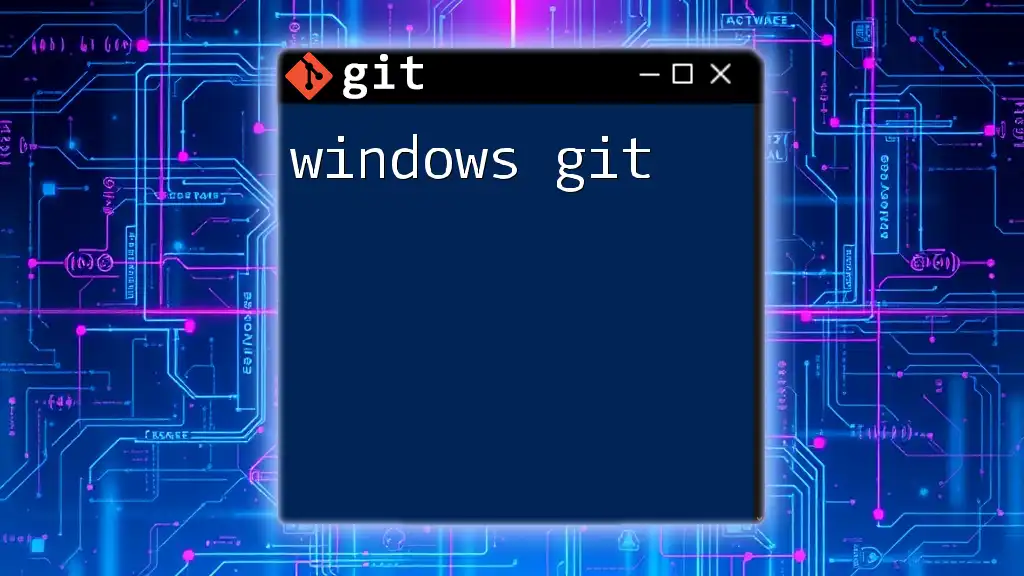
Resources for Further Learning
To deepen your understanding of Git, consider exploring various online courses, books, and community forums that provide hands-on exercises and expert guidance. Practicing the commands regularly will solidify your skills and prepare you for collaborative development.

